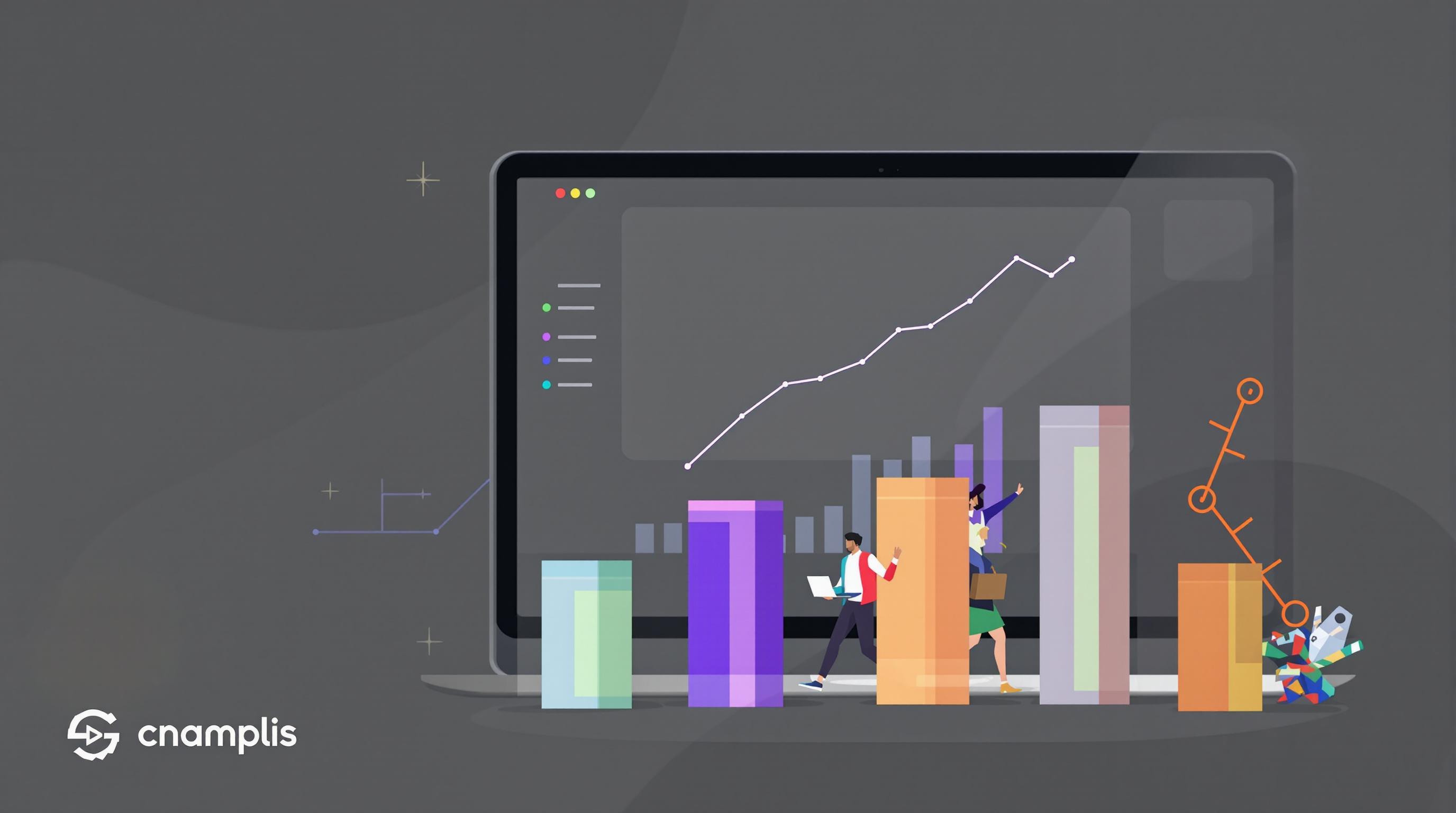Featured Articles
- Investing in Fantasy: How Video Game Economy Trends Are Shaping Real-World Investment Strategies
- Investing in Silence: The Untapped Power of Noise Reduction for Financial Decision-Making
- Investing in the Unusual: How Alternative Assets are Redefining Wealth Building in 2023
- Investing Through the Eyes of AI: How Machine Learning is Shaping Personal Finance Decisions
- Investing with a Conscience: How Ethical Choices are Reshaping Financial Markets in 2023
Investing Through the Eyes of AI: How Machine Learning is Shaping Personal Finance Decisions
Investing Through the Eyes of AI: How Machine Learning is Shaping Personal Finance Decisions
Investing has undergone a radical transformation in recent years, primarily driven by advancements in artificial intelligence and machine learning. This article explores how these technologies are reshaping personal finance decisions and the implications for individual investors of all ages.
Understanding AI and Machine Learning
To appreciate the impact of AI on investing, it's essential to understand what these technologies are. Artificial Intelligence (AI) refers to machines designed to mimic human intelligence, while Machine Learning (ML) is a subset of AI that allows systems to learn from data and improve over time without explicit programming. According to Wohlers Associates, the global AI market is expected to reach $267 billion by 2027 (Wohlers Associates, 2023).
The Rise of Robo-Advisors
Imagine a financial advisor who charges a fraction of what a traditional advisor would and is available 24/7. Enter robo-advisors, automated platforms that use algorithms to manage investments based on individual risk tolerance and financial goals. As of 2021, robo-advisors managed approximately $1 trillion in assets globally, a figure that is projected to grow significantly as more people seek low-cost investment options (Statista, 2022).
A Personal Story: From Confusion to Clarity
Let’s take a peek into the life of Sarah, a 25-year-old marketing executive. Sarah was overwhelmed by her student loans and uncertain about her finances. After researching online, she stumbled upon an AI-driven app that created personalized investment strategies based on her spending patterns and income. Within months, she felt empowered and knowledgeable, actively growing her investment portfolio. “I never thought I could invest, but this app made it easy!” Sarah enthused.
The Human Touch in a Digital World
While AI can analyze vast amounts of data and identify patterns faster than any human can, it often lacks the emotional intelligence required for complex financial decisions. Personal finance is not just about algorithms and data points; it’s about people's lives, dreams, and fears. Financial advisors who can blend their expertise with AI insights can provide tailored solutions uniquely suited to their clients' emotional states and financial realities.
The Importance of Data
Data is the lifeblood of AI-driven investing. Machine learning models continuously analyze a variety of data sources—economic indicators, social media sentiment, and even weather patterns—to predict market movements. A staggering 90% of the world's data was created in just the last two years, as reported by the International Data Corporation (IDC). This massive volume of information provides a treasure trove of insights for investors.
The Psychology of Investing
AI can also help individual investors overcome psychological biases. Behavioral finance teaches us that emotions often drive investment decisions, leading to irrational choices. By utilizing AI tools, investors can explore simulations of different financial scenarios and gain a better understanding of potential outcomes, thus becoming more informed and less emotional about their investments.
Breaking Down the Data: A Financial Case Study
Consider the investment strategies employed by large hedge funds such as Bridgewater Associates. They utilize advanced algorithms to analyze previous market data, which allows them to make informed decisions based on predictive analytics. When the 2020 pandemic hit, many traditional investment strategies faltered; however, AI-driven funds that were prepared for volatility fared remarkably well. In fact, funds employing machine learning saw an average return of over 20% in 2020 (Hedge Fund Research, 2021).
The Future of Investment Decision-Making
As AI technologies continue to evolve, the future of investment decision-making seems promising. Analysts project that by 2025, AI will be involved in about 75% of global investment decisions (Forbes, 2021). This will likely lead to more access and democratized financial guidance for those who may have previously felt excluded from the investing world.
The Balancing Act: Trust vs. Skepticism
Despite its benefits, the rise of AI in investing has sparked skepticism. Individuals may question the objectivity of machine-driven recommendations and worry about the potential for data breaches. In a recent survey, over 35% of respondents expressed concern over the security of their financial data when using AI tools (Pew Research Center, 2022). Thus, fostering trust is essential for widespread acceptance.
Investing is More Than Numbers
While AI provides incredible insights and analyses, it’s crucial not to forget that investing is a personal journey. Each investor's appetite for risk, investment horizon, and financial goals is distinct. A conversation with a financial advisor, supplemented by AI data, can yield a more complete picture of what an individual’s investment strategy should look like.
Empowering the Next Generation of Investors
As an 18-year-old college student, I’ve had my share of worries about finances, especially with rampant student loan debt. A friend introduced me to AI investment platforms that guide even novices like me. Through their beginner-friendly interfaces, I've learned not just to invest but about market trends and budgeting, instilling confidence I never thought I’d have!
Real-World Applications of AI in Investing
Companies such as Betterment and Wealthfront have already made significant strides in applying machine learning to evaluate user data and craft customized investing strategies. These platforms analyze risk factors based on personal circumstances and adjust portfolios accordingly. They even provide regular performance reports to keep investors informed."I checked my account daily in the beginning," laughs Mika, a 29-year-old accountant. "It was so fascinating to see how the algorithms worked!"
Don’t Forget the Basics!
While the allure of AI can be tempting, it’s vital to remember the fundamental principles of investing: understanding your financial goals, risk tolerance, and the importance of diversifying your portfolio. AI can provide tools, but at the end of the day, it’s about making informed decisions that align with your personal financial journey.
The Cost of AI Investing
One aspect that cannot be overlooked is cost. Many robo-advisors and AI-driven platforms charge lower fees than traditional financial advisors, sometimes as little as 0.25% of assets under management compared to the industry standard of 1%. However, it's essential to read the fine print. Some platforms may have hidden fees that could unexpectedly inflate costs. Always do your research before committing.
Age Is Not Just a Number
No matter what age you are, investing can feel overwhelming, especially with the barrage of information available. For younger investors, the rise of fintech and AI means greater access to wealth-building tools. For older generations, AI can assist in retirement planning by offering more personalized insights into when and how to maximize their savings.
Conclusion: Embracing the Future of Investing
Investing through the eyes of AI holds remarkable potential for individuals. While technology can inform and enhance financial decision-making, personal context remains crucial. As we progress, finding the right balance between machine efficiency and human judgment will define the future of personal finance. The path to successful investing is no longer just about numbers and spreadsheets—it’s about empowerment, education, and embracing technology to navigate personal finance decisions effectively.




